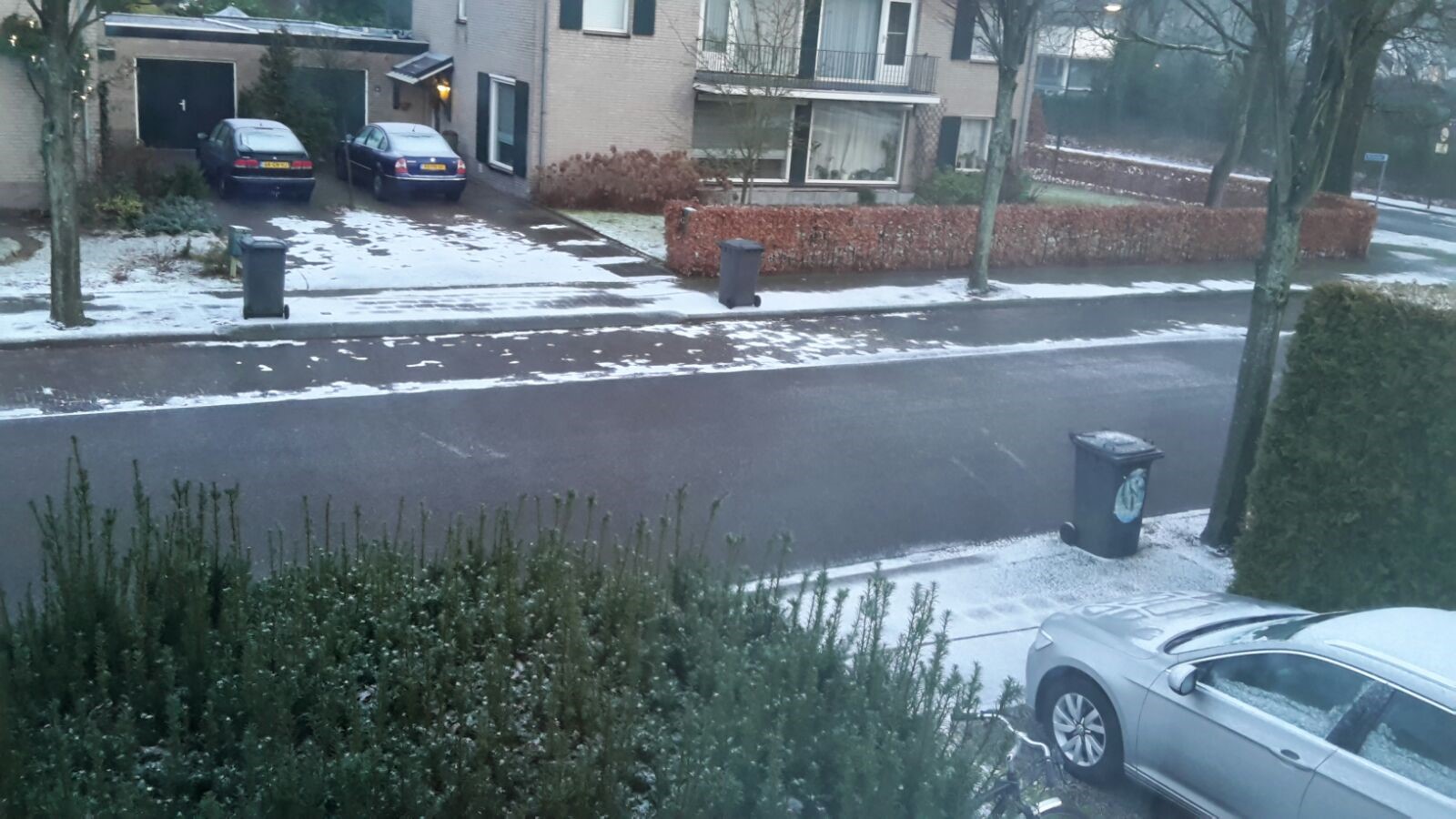It’s recently been reported that some people living in social rental homes in the Netherlands own multiple income-generating properties. This defeats the purpose of social housing, which is mainly meant for people with low income.
In Eindhoven, 23 people have bought multiple houses and rented them out while living in social rental homes. Action has been taken against one of them. Corporations say they can do little about it. According to research, these tenants together own 64 homes.
A study by the Land Registry was commissioned by the Dutch paper, NRC, in January. It was revealed that more than a thousand people are involved. Together they own 3,344 houses.
Lawsuit
Of the housing corporations approached, only Trudo currently has a legal case pending against a tenant. The spokesperson can’t give details about the situation due to privacy concerns. He points out that such cases are rare.
At Woonbedrijf, they also emphasize the rarity of this situation. Yet, the corporation is listed separately in NRC’s investigation. There are seven tenants registered who together have 21 houses in their names. Director Roy Beijnsberger doesn’t know which people are involved. “We have 34,000 homes in our database. Then seven people are very few, although of course, it’s undesirable. We want to offer houses to people who need them.”
According to Beijnsberger, the NRC survey wasn’t clear in which segment the tenants are. “We not only have social rentals but also rent out homes in the free sector. Some homes are on the sales list because they no longer fit in our portfolio. These could be old Philips villas. If people in these homes also have a place to buy, it is more socially acceptable.”
Neighbours reports
Once tenants have a key, it’s difficult for corporations to get them out. “You can’t just evict someone from their home,” says a spokesperson for Aedes, the housing corporations umbrella organisation. “At most, you can start the conversation and push for a voluntary departure.”
“Tenants must occupy their house,” says a spokesperson for the housing corporation Wooninc. “If this isn’t the case, we’ll initiate an investigation into housing fraud.” The reason for such an investigation often comes from reports from neighbours or residents. They report that the resident is often away from home or that someone else has been living there for a while.
Neighbourhood managers and the maintenance department also play a role. “Our people get access to these homes. We ask them to watch for signs of housing fraud,” says Beijnsberger. “These managers can tell, for example, if the curtains in a home are always closed. They keep an eye on things, but they aren’t detectives.”
Residential fraud
Owing more than one house while living in social housing isn’t prohibited. If tenants live in that home as well as the housing corporation’s home, it’s allowed. If tenants live somewhere else, it violates the lease, and the corporation can intervene. This also applies to subletting, for which the corporation must give permission in advance.
In cases of illegal subletting, such as vacation rentals or rentals to immigrant workers, it’s always a matter of housing fraud. This also applies to address fraud, i.e. not living at the address where you are registered. Usually, a housing corporation will first try to reach an agreement with the tenant in such situations.
This isn’t the case with cannabis cultivation. Then the police are immediately called in. In such cases, the tenant is evicted as quickly as possible after the court has given its permission.
No means test (yet)
Tracing tenants that own other homes is further complicated by housing corporations not being allowed to do means tests. By checking the land register, they can relatively easily find out whether (future) tenants already have a home elsewhere. However, they aren’t allowed to do anything with this information. People are asking the government to change this.
Aedes isn’t necessarily in favour of such a means test, although opinions differ. “People can move into social housing at a young age and become richer over the course of their lives,” says the spokesperson. “You can have a moral opinion about that.”
“But, it’s not forbidden to then continue to live in that social housing. With a means test, the next question is where to draw the line. If someone doesn’t have a second home, but a boat or a vacation home, does that make it less of a problem?”
In Amsterdam, Eigen Haard housing corporation is working with lawyers to determine how they can still evict tenants who own homes. In Eindhoven, there seems to be little enthusiasm for this as yet. “Earlier this year, the municipality and the housing corporations mapped out the extent of this type of housing fraud,” says a spokesperson for Wooninc. “Based on the outcomes, we see no reason to modify the rental process.”
Living below their means good for neighbourhood
According to Wooninc. the means test is already partly built into the income test that housing corporations have been allowed to do for a few years. When signing a lease, people may not earn more than the income limit for social housing. Corporations check this with the tax authorities.
The income test is repeated annually. If tenants, in subsequent years, earn (much) more than the income threshold for social rent, corporations may increase the rent for them more than for other tenants.
“For the quality of life in the neighbourhood, we think it’s good that people with higher incomes also live in social housing. This number has decreased tremendously over the past 20 years due to strict regulations. Partly for this reason, we don’t use the option of raising rents more if people are living below their means.” says Ingrid van Erve.
Entrance allowance
The housing corporations do quite a bit of homework before presenting a rental contract. In addition to income, they check the address history of the new resident. They also ask for a positive statement from a previous landlord, stating that the tenant pays the rent on time and keeps the house in good condition.
With ‘Slimmer Kopen’ (Buying Smarter) by Trudo, people can buy a house at a considerable discount. Then they check in advance whether someone already has a house in their or a company name.
Corporations also often conduct intake interviews with new residents. According to Beijnsberger, employees are trained to spot suspicious situations and, if necessary, confront new tenants. “Sometimes people already have a home in their name before signing the lease, For example, if they are in a divorce or have inherited a house. Then the rental organisation tries to provide them with an alternate solution.”
However, these situations were excluded from the NRC survey. To avoid dirty data, only people who owned at least two additional homes were considered. The actual numbers of social renters who own properties could therefore be higher.
Source: www.Studi040.nl
Translated by: Anitha Sevugan
















